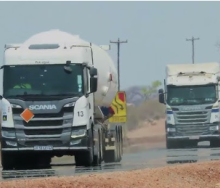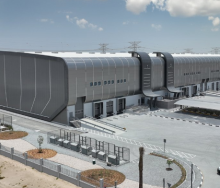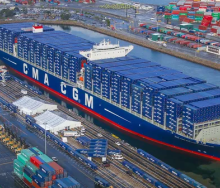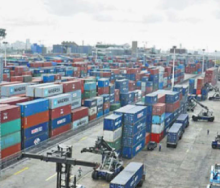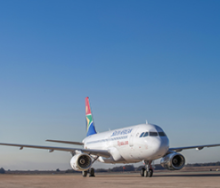South Africa’s Border Management Authority (BMA) is barely a year old, having been officially launched in October 2023, but it has vowed to sharpen its vigilance and policing of the country’s entry points over the holidays.
The Authority’s CEO, commissioner Dr Mike Masiapato, has said the BMA is ready to secure all 72 key points it’s tasked with protecting – 53 land borders, 11 airports and eight ports.
With apparent reference to the Lebombo Border Post near Komatipoort, where sporadic post-poll election violence in Mozambique has led to intermittent border closure on the N4 Corridor to the Port of Maputo, Masiapato said such threats would not be tolerated.
“The BMA is committed to ensuring that our ports of entry are not exploited for any form of violence as well as criminal activities.”
He said this included human trafficking or smuggling that targeted any of South Africa’s vulnerable groups, “particularly women and children”.
He said to strengthen the BMA’s efforts, it had reinforced its partnership with the Department of Social Development.
According to research undertaken by the Global Initiative Against Transnational Organised Crime, cross-border syndicate operations in southern Africa are deeply intertwined with socio-economic issues such as poverty, unemployment, and corruption.
The Greater Kruger region, where the N4 corridor is located, has seen a rise in criminal networks that exploit these vulnerabilities. The region's high unemployment rate (averaging around 46.5%) exacerbates the situation, leading to increased participation in illegal activities, including human trafficking.
The N4 Maputo Corridor serves as a critical transit route for human trafficking. Reports indicate that traffickers exploit the porous borders between South Africa and Mozambique, facilitating the movement of vulnerable individuals, particularly women and children, into exploitative situations.
The lack of effective law enforcement and the prevalence of corruption further enable these criminal activities.
The Initiative’s research highlights that trafficking operations are often linked to broader organised crime syndicates involved in other illegal trades, such as wildlife trafficking and drug smuggling.
The interconnectedness of these criminal activities complicates law enforcement efforts and underscores the need for comprehensive strategies to combat organised crime across borders.

